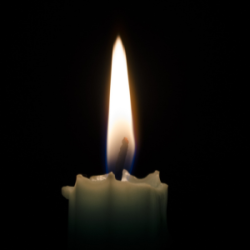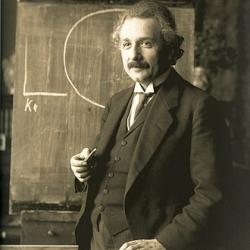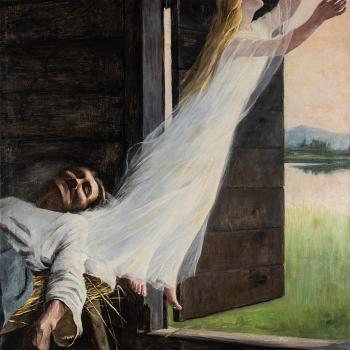The other Hellenic parents I know via the internet (I don't know any close enough to meet in person unfortunately) are all of the same mind. Some are homeschoolers. Some send their kids to private schools. Some send them to religious schools and then teach their own religion at home to counteract what they might hear at school. Whatever the method, they seem to be instilling the virtues of the Maxims into their children.
The somewhat frightening but wonderful thing I see happening, is that the children who have been taught this way will be our future leaders. They are not sheep, and do not take kindly to being told to accept things on faith or because an authority told them. Instead, they question things constantly, and engage in competition, something no longer taught at public schools. They will have a definitive edge over any public school trained person. By the time they are finishing high school, it should be eminently obvious that morally trained children have an educational, intellectual, and ethical leg up. They will be the ones excelling. I wish every child could be like that, but I'm glad that mine are being taught it at the very least.
I'm intrigued by the fluid manner in which you approach the concept of "myth." How do you personally define "myth"?
Myths are stories of heroes and gods and kings and queens, people or beings we are meant to look up to, that are More Than Us in some way. Myths describe what should be, instead of necessarily what is.
As an example, when we read about Hera being shrewish or Zeus being a womanizer, what are we reading? Myth, yes, we're told that. At no point has anyone ever believed that these myths were factually true, though. They may describe events with an historical basis, or they may be flights of fancy meant to explain an emotion, a disaster, or a miracle. They might even be stories explaining human foibles, sort of "tacked on" to the gods because if the gods do it then it must be okay for us.
On one level, I believe in the Greek myths. I believe they describe real feelings, and that they were (and are!) meant to illustrate higher messages for human beings. On another level, I see them more as educational stories. I don't believe that Dionysos literally created wine and taught its making to humans. I suspect that the ancient Greeks did not, either. Instead I believe that inspiration struck, that Dionysos whispered in someone's ear the way that the gods whisper in my ear from time to time, and wine was created. The reality is more subtle and less dramatic than the mythology.
What is your opinion on the role it should play in contemporary spiritual life? (I would say that this is a thorny issue within Heathenry so I ask partly out of curiosity about how another once-indigenous Pagan community is handling this).
I'm actually in the process of working on a long and complex paper about modern mythology in our world. Part of my research is watching a show called "Babylon 5." Why science fiction? Because it is the place where our modern myths come to life in this age. The ancient Greeks had the theater, and we do too. Ours just has better sound and 3D imaging.
Myth is so important. It should be a daily part of our lives. I suspect it is a daily part of our lives, but we often don't understand it as such. Shows like Star Wars and "Star Trek," "Babylon 5," and more recently "Caprica," are the myths of our age. They contain the same type of information that our ancestors derived from their myths: they show us morals and ethics in play in stories designed to mimic our own world and age. We need to discover the myths at play in our lives, and view them as such. They should do more than entertain us; they should make us think, make us challenge our own beliefs.
I challenge young people that I interact with to re-write the ancient myths in modern terms. Like Hermes with his Blackberry (or more modern even than that, perhaps his iPad), our young adults need to envision the gods not as dead, cold marble from thousands of years ago, but as strong, vital, living images that work in the world today. In my opinion, until we and our children can do that, we cannot truly survive as a religion.
Do you maintain a personal devotional practice to any particular Deity or group of Deities outside of general worship of the Greek Gods and Goddesses?
My worship tends to circle around Hecate (the first god who touched me, over twenty years ago now), Dionysos, Aesclepios, Persephone, Hades, and Nyx. I do honor the others, the Olympic gods, but I do not feel a personal connection with them as I do with my Cthonic deities. The honors are made because they are deserved, and because they are the gods and so therefore respect demands it. My devotions to the cthonic gods are much more personal to me.
I also have a devotion to the Christian god at this point, which has been a sticking point for some people. Surprisingly, I've had more positive interactions with Christians on this than with other Pagans! In my work at The New Seminary (more on that in a bit), I have had to touch the spiritual lives of many different religious people, and I discovered a joy at my local church that I did not expect to find. It hasn't taken away from my Hellenic devotions (in fact, quite the opposite!), but has served to deepen my connection with the Divine as a whole.





